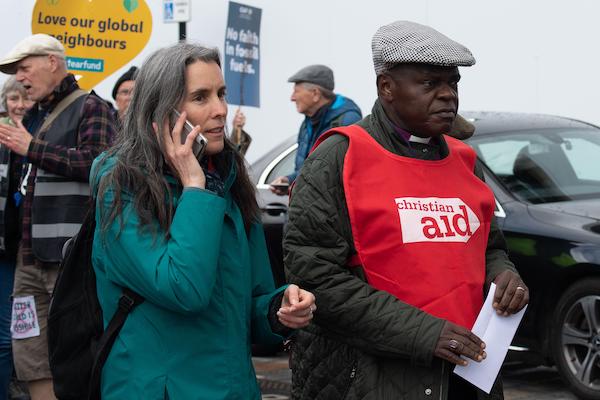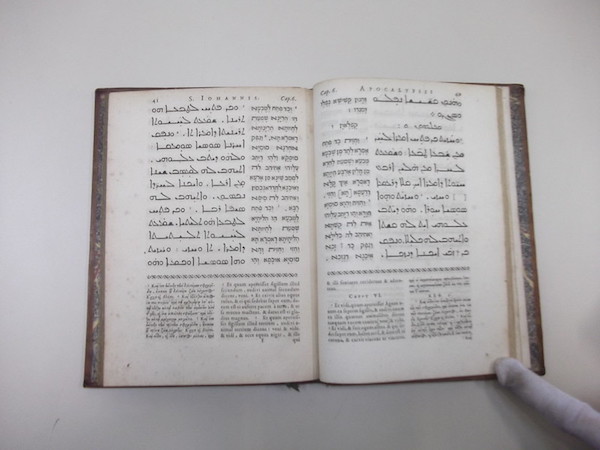A new television channel has been launched in Iraq as an initiative to save Syriac, a language spoken for more than 2,000 years which was once the most common in Christian liturgies.
An ancient dialect of Aramaic, Syriac has traditionally been the language spoken by Christians in Iraq and neighbouring Syria. The goal of the new station Al-Syriania is “to preserve the Syriac language” according to its director Jack Anwia.
“Once, Syriac was a language widespread across the Middle East,” he said last week, adding that Baghdad has a duty “to keep it from extinction”. He added that “the beauty of Iraq is its cultural and religious diversity”.
Iraq’s government launched the channel in April with around 40 staff and a variety of programming, from cinema to art and history.
“It’s true that we speak Syriac at home, but unfortunately I feel that our language is disappearing slowly but surely,” said Mariam Albert, a news presenter on Al-Syriania.
“It is important to have a television station that represents us,” she added.
Syriac-speaking communities in both Iraq and Syria have declined over the years, owing to decades of conflict driving minorities to migrate. Today, Iraq is overwhelmingly Shiite Muslim but also home to Sunni Muslims, Kurds, Christians, Yazidis and other minorities, with Arabic and Kurdish are the official languages.
Before the US-led invasion of the country in 2003, Iraq was home to about 1.5 million Christians. In the 20 years since, their population has declined to about 400,000, mostly living in the north.
The Syriac language has been “sidelined”, according to Kawthar Askar, head of the Syriac language department at Salahaddin University in Erbil, the capital of Kurdistan region.
“We can’t say it’s a dead language...but it is under threat,” he said.
Around 1,700 Syriac manuscripts and 1,400 books – some dating to the eleventh century – are now conserved at the Digital Centre for Eastern Manuscripts in Erbil, which is supported by the UNESCO, the United States Agency for International Development, and the Dominicans.



 Loading ...
Loading ...